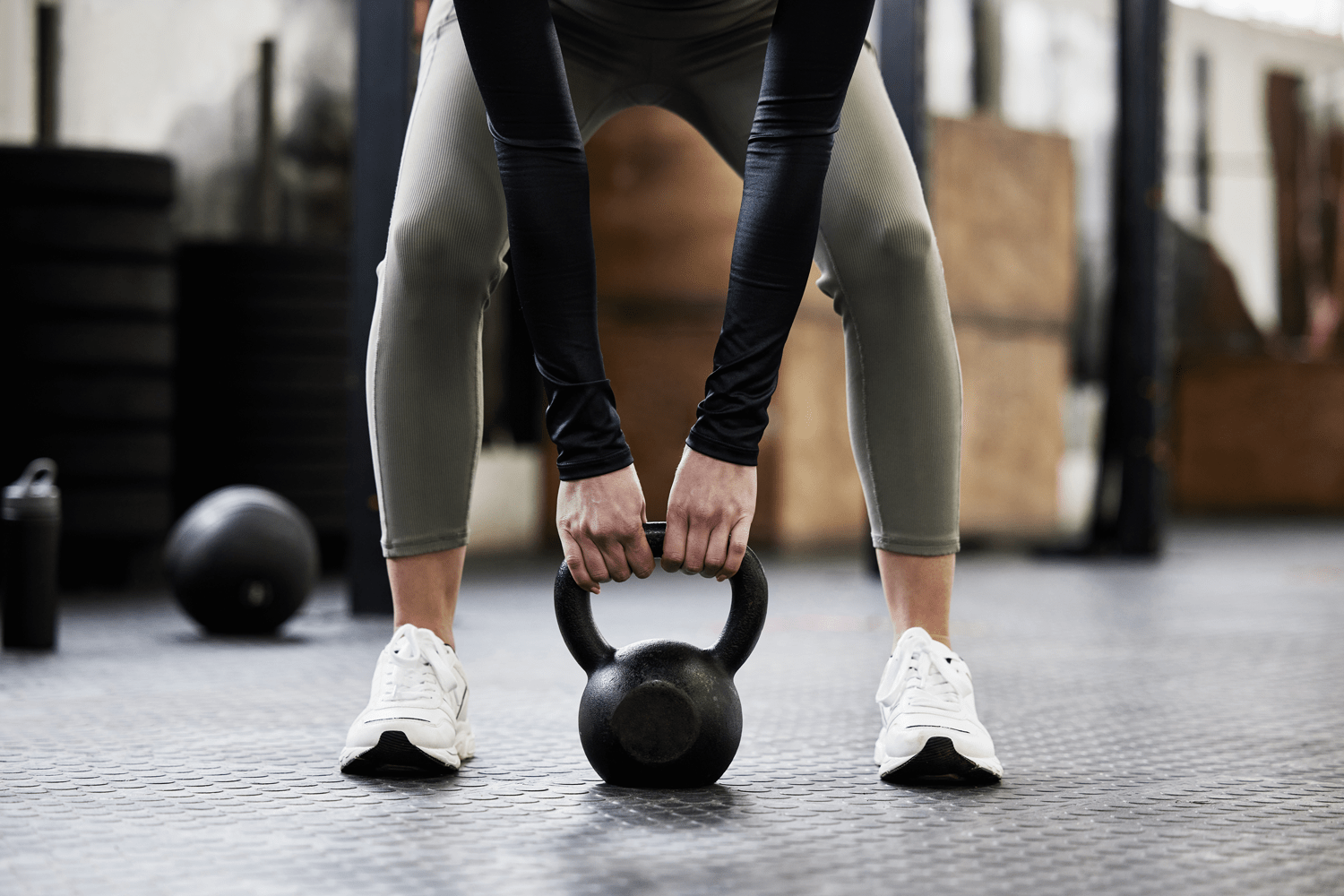
Do you feel sore, feel tight and inflexible, or are too tired to work out the next day? Do you feel sore, tight and inflexible, or too tired to workout the next day? Your body may experience this due to high stress and increased inflammation, especially when trying new or higher intensity exercises. If this is the case, these post-workout recovery tips may be something you want to incorporate into your workout routine!
Fuel Your Recovery
Supplements can be a great way to support your recovery. Omega-3 fatty acids are essential to our bodies, but we [1] get them from other sources such as the food we eat and the supplements we take. Omega-3 fatty acids such as our Omega Super 800 have anti-inflammatory and immunomodulatory properties that can help optimize performance and reduce soreness.[2] As well, vitamin D has been shown to increase the strength of your bones and muscle growth by helping your body absorb the calcium you eat.[3]
Another great supplement that is perfect for post-workout consists of adaptogens, anti-inflammatories, and antioxidants. tioxidants. activ-X has a variety of key components from rhodiola, ginseng, curcumin, and milk thistle. Together these contribute to boosting your energy, speeding up recovery time, fueling performance, and fighting stress to all help your body and mind bounce back after physical activity.
Omega-3 fatty acids, Vitamin D and activ-X are just a couple of great examples of supplements that you can be taking after your workouts.
Nourish Your Body
Nutrition plays a crucial role in muscle recovery, as it is a key factor for repairing and strengthening muscles after exercise. Research shows that proteins, amino acids, vitamins and minerals are all effective in muscle recovery.[4] Intense workouts can cause muscle soreness from muscle breakdown. Nutritious meals that are higher in protein are a must for recovery. Amino acids trigger protein synthesis and help rebuild the muscle fibers affected in your workout. Carbohydrates, fatty acids, and vitamins can help with tissue repairment and maintain muscle function. Another key player in nutrition is hydration, covered later in this blog.
Stretch It Out and Cool-Down
After a tough workout, getting into a parasympathetic state is important. Consider stretching after workouts and cooling off. There are three key benefits of stretching post-workout:
- Reducing Pain and Injury: after workouts, your muscles are tight and increase the risk of injuries. Stretching loosens these muscles up and reduces the risk of getting hurt.
- Cooling off: It's good for both your physical and mental well-being to wind down slowly. Stretching can help ease you from the intensity of your workout into a state of relaxation.
- Clearing Lactic Acid: Lactic acid is produced when you work out, which can make your muscles achy and tired. By stretching, you can reduce the amount of lactic acid produced in your body after a workout.[5]
Recharge and Recover
Good sleep is a topic we have covered before. Adequate sleep is crucial for muscle recovery. If you are aiming to change your body, build muscle mass, and prepare for future training sessions the following day, sleeping well is a key factor in your ability to hit your fitness goals. Lack of sleep can reduce your strength, slow down recovery, increase risk of injury, and reduce muscle growth. Research shows that bad sleep negatively affects hormone production which is crucial in muscle recovery and performance.[6] For optimal muscle recovery, you should try to get between 7 to 9 hours of sleep each night with a consistent sleep schedule.
Stay Hydrated
Over the course of your workout, your body can become dehydrated. It is important to be hydrated before, during, and after your workouts to maximize your performance and recovery. Having fluids with electrolytes in these three stages of your workout is essential in maintaining your body’s healthy hydration and electrolyte levels. During your workout, your body may experience dehydration and large changes in your electrolyte levels that negatively affect your performance and health.[7] Thus, drinking electrolyte-rich foods and fluids during and after workouts to replace and balance out those levels is important for your overall health.
Supplementation, proper nutrition, stretching, adequate sleep, and staying hydrated are all things you should consider adding into your fitness routine as they can drastically improve your post-workout recovery and performance. Remember that taking care of your body after exercise is just as important as the workout itself, and all these are factors that will help you be ready for your next workout!







